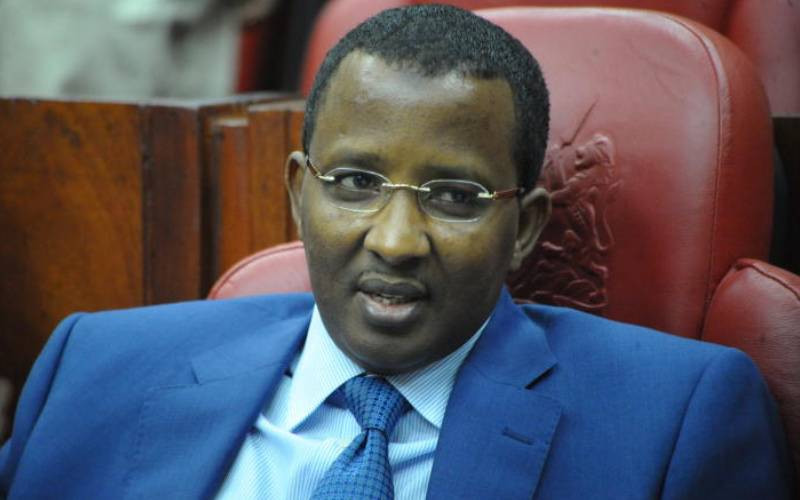
At the height of 'Teargas Mondays' protests, former Independent Electoral and Boundaries Commission chairman Ahmed Issack Hassan's mother travelled from Garissa to Nairobi to ask him what was unarguably an immortal question coming from a mother: "When are you going to resign?
The campaign against him had reached fever pitch, and the Coalition for Reforms and Democracy (Cord) leadership led by the most aggrieved man, Raila Odinga, wanted nothing to do with him. 'Teargas Mondays' was on, and police had ran out of teargas and had to make a fresh order.